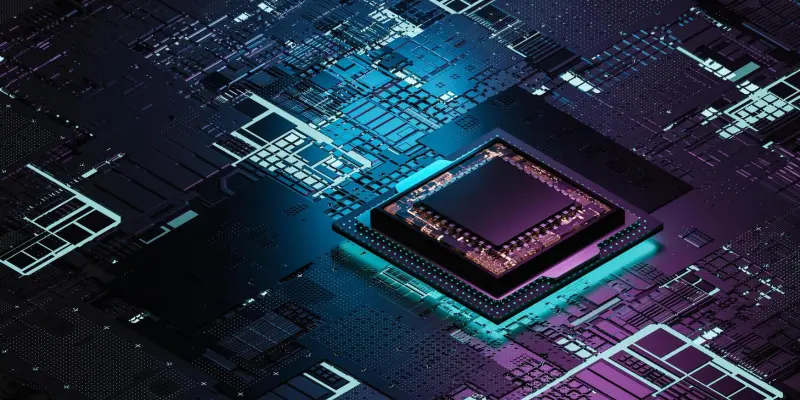In a significant move for the semiconductor industry, AMD has unveiled its 6th-generation Epyc processors, codenamed Venice, marking a major milestone in advanced high-performance computing. These processors, set to be the first of their kind to leverage TSMC’s cutting-edge 2nm (N2) process node, represent a crucial step in AMD’s evolving data center strategy. Scheduled for release next year, this latest generation of Epyc processors promises substantial performance gains and energy efficiency, solidifying AMD’s competitive position in the market. Meanwhile, Intel’s much-anticipated Xeon processors have faced delays, impacting their rollout timeline and shifting industry dynamics.
Advanced Technology with AMD Epyc
The Venice processors, based on AMD’s pioneering Zen 6 microarchitecture, stand out for introducing several groundbreaking technologies. One notable feature is the adoption of a new SP7 socket, which supports advanced 12-channel and 16-channel memory configurations, enhancing data handling capabilities in demanding environments. Additionally, the N2 process incorporates gate-all-around (GAA) nanosheet transistors, a significant technological advancement offering a 15% improvement in performance at the same voltage or a 24-35% reduction in power consumption compared to the previous 3nm finFET (N3) process. During a recent announcement, AMD confirmed that 5th-generation Epyc silicon has been validated at TSMC’s newly operational Fab 21 facility in Arizona. This facility is set to play a crucial role in domestic production, underscoring AMD’s commitment to bolstering its supply chain resilience. The 6th-generation Epyc processors are expected to set new benchmarks in the industry, driving forward the capabilities of data centers with enhanced computational power and efficiency.
Intel’s Strategic Adjustments
Simultaneously, Intel has faced delays with its much-anticipated Xeon processors, affecting their rollout timeline and shifting the dynamics within the industry. The delays have given AMD an opportunity to strengthen its position while Intel navigates the setback. As both companies strive to enhance their technologies, the competition in the semiconductor sector remains intense, shaping the future of data center capabilities and high-performance computing solutions.

